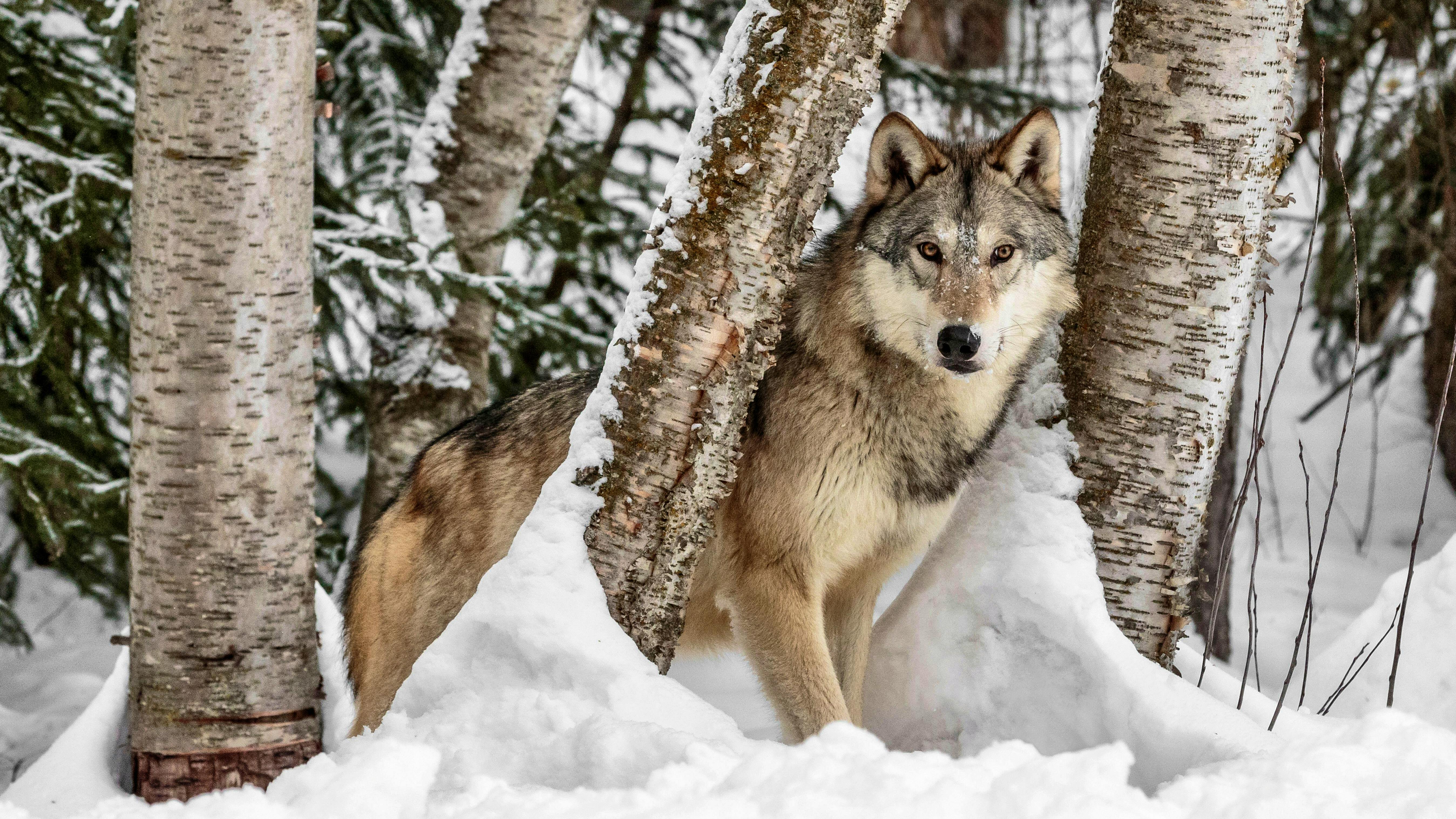Conservation used to be a defining American value, regardless of party. Many of our great conservation laws like the Clean Water Act, Clean Air Act and Endangered Species Act were passed by wide bipartisan majorities. Our leaders back then believed protecting our natural heritage for current and future generations was a worthwhile endeavor. And they were able to think and act for the long-term good even amid partisan complaints about government overreach and predictions of economic ruin.
So will the new leaders of Congress embrace their historic role as stewards of our air, land, water and wildlife? Or will they view this as their chance to gut federal environmental protections as right wing groups and polluting industries have long desired?

If past is prologue, the future for America’s natural heritage, especially its wildlife, is likely to be very bleak indeed and it will fall to the Obama administration to hold the line against an increasingly hostile Congress.
The Endangered Species Act (ESA) saved the bald eagle, American alligator, gray wolf, grizzly bear and hundreds of other species from extinction. But it is also a law that many industries would rather not obey. Already we have seen efforts to substantially weaken the law itself, to make it harder to list species and protect habitat. And we’ve seen attempts to make it more difficult for people who care about wildlife to hold the government and industry accountable for actions that harm already imperiled creatures. In the new Congress, I fear we’ll see a continuation of this campaign.
I also expect Congress to try and block key imperiled species from being listed as endangered or remove from the list ones that already have much needed federal protection. Science may tell us that the recovery of creatures like the gray wolf and grizzly bear is incomplete and that continued listing may be warranted. But many politicians don’t like what the science says, so I expect we’ll see a move to yank protections for these fragile species regardless. Same for the Greater sage-grouse, a wide-ranging bird iconic to the American west and numerous other species on the brink of extinction today.
Perhaps most disturbing is that these efforts will be cloaked in deception. Research continually shows that the public wants to protect our natural heritage for future generations so initiatives that undermine that effort must be hard-spun. Those wanting to weaken the ESA will claim they are trying to save it. Those wanting to remove species from or keep species off the endangered list will make the laughable claim that doing so will improve the species’ chances. And we’ll see issues like the California drought exploited to weaken species protections.

But there is perhaps no bigger dishonesty on display than when ostensibly serious politicians tell us the science of climate change is uncertain or that the human role in the globe’s warming is unproven. Worse still is when they use this disinformation as an excuse for inaction. Scientists are as sure about the reality and causes of climate change as they are about the principle of evolution. Climate change will devastate human communities and wildlife populations in the coming years. Action is clearly needed to help adapt to our changing world. Nonetheless, I fear we will see this next Congress roll out ridiculous arguments about scientific uncertainty as they move to gut the Environmental Protection Agency, defund climate adaptation programs and undo the progress President Obama is seeking to make on this issue internationally.
Over the last few decades, we’ve made great progress when it comes to protecting our air, land, water and wildlife for future generations. Our bedrock conservation laws — the Clean Air Act, the Clean Water Act, the Endangered Species Act — have served as the foundation on which much of that progress has been achieved. The question is: what will our new leaders in Congress do now? At Defenders, we stand ready to work with any honest partner, regardless of party, who wants to make serious progress on today’s pressing environmental challenges. But will the new Congress exhibit the same foresight and courage their predecessors did decades ago when they made protecting our natural heritage for future generations a congressional priority? Or will they roll back environmental protections in the name of some anti-government, anti-regulatory agenda? The answer to these questions will have deep ramifications for human health and the health of America’s lands and wildlife for decades to come. One thing I do know for sure: with the continued support of our members and allies, Defenders will be right there in the thick of the fight whichever way it goes.
Jamie Rappaport Clark is the Former president and CEO of Defenders of Wildlife
From the Blog







Follow Defenders of Wildlife
facebook twitter instagram youtube tiktok threads